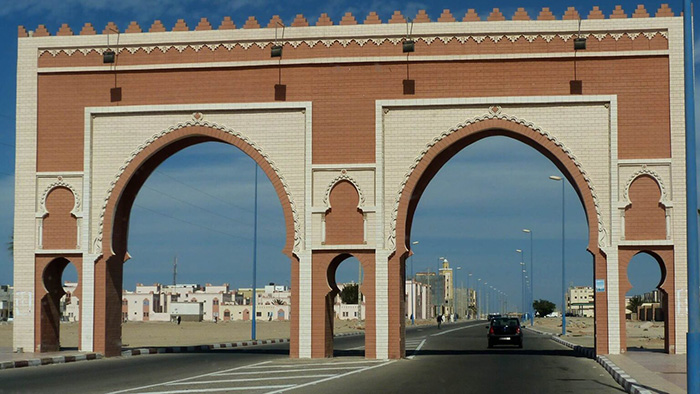Geert Wilders, whose anti-Islam, anti-immigration rhetoric swept him to a stunning victory in the November election, said Wednesday he doesn’t have the support of his prospective coalition partners to become the next Dutch prime minister.
Wilders took to X, formerly Twitter, to say that “I can only become premier if ALL parties in the coalition support that. That wasn’t the case.”
His comment came after media reported, citing unnamed sources, that a breakthrough in coalition talks announced Tuesday night was that the leaders of all four parties involved in drawn-out coalition negotiations would remain in parliament.
That sets up the likelihood of some sort of technical Cabinet made up of experts. While it now looks like Wilders will not lead the government, he and his Party for Freedom will remain the driving force behind the next administration.
Wilders did not immediately respond to an emailed request for comment. Other leaders involved in the talks also did not immediately comment.
But Wilders later added another comment on X to say that, one day, he still wants to be prime minister. “Don’t forget: I will still become premier of the Netherlands,” he said. “With the support of even more Dutch people. If not tomorrow, then the day after tomorrow. Because the voice of millions of Dutch people will be heard!”
After the Nov. 22 elections, Wilders’ party holds 37 seats in the 150-seat lower house of the Dutch parliament. The four parties in government talks hold a combined 88 seats, giving them a comfortable majority. Polls since the election show that support for Wilders’ party continues to grow.
After two decades of trenchant opposition, Wilders seemed to have a shot at leading a nation that long prided itself on its tolerant society, but he has stepped aside in the interests of pushing through most of his agenda.
“I really wanted a right-wing Cabinet. Less asylum and immigration. Dutch people number 1,” Wilders said on X. “The love for my country and voter is bigger and more important than my own position.”
The rise of the populist far right in a polarized political landscape has been underway for years in Europe but Wilders’ election victory still came as a shock to the Netherlands and well beyond.
Wilders has often called for a ban on mosques, Islamic schools and the Quran, but in a concession to his prospective coalition partners in January, he withdrew draft legislation to implement the bans.
The Netherlands is not alone in seeing a shift to the right.
Far right parties also are expected to make significant gains in June elections for the European Union’s parliament and Portugal’s inconclusive result in Sunday’s election thrust the populist Chega — or Enough — party into a possible kingmaker’s role. Chega’s leader, Andre Ventura, has made common cause with other right-wing parties across the continent.
Wilders spent Monday and Tuesday in talks with the leaders of the center-right People’s Party for Freedom and Democracy, populist Farmer Citizen Movement and centrist New Social Contract.
With New Social Contract leader Pieter Omtzigt ruling out joining a majority Cabinet led by Wilders, the four parties now will likely look at other options — a Cabinet made up of experts and politicians or a minority Cabinet propped up by support from Omtzigt’s party.
The Netherlands could turn to Italy for a model of how to move past its political stalemate. Italy has a history of resorting to “technical” governments headed by figures outside the political party mainstream. These experts are called on to guide the country through a particular period, often due to economic instability or political gridlock, before fresh elections are held.
The most recent such government was headed by Mario Draghi, the internationally respected former European Central Bank chief who was called on to shepherd Italy through the second half of the COVID-19 pandemic and reboot economic growth.
Despite his broad-based support, Draghi’s coalition collapsed in July 2022 and fresh elections were called that were subsequently won by Premier Giorgia Meloni of the far-right Brothers of Italy and her right-wing allies.
Source: AP






